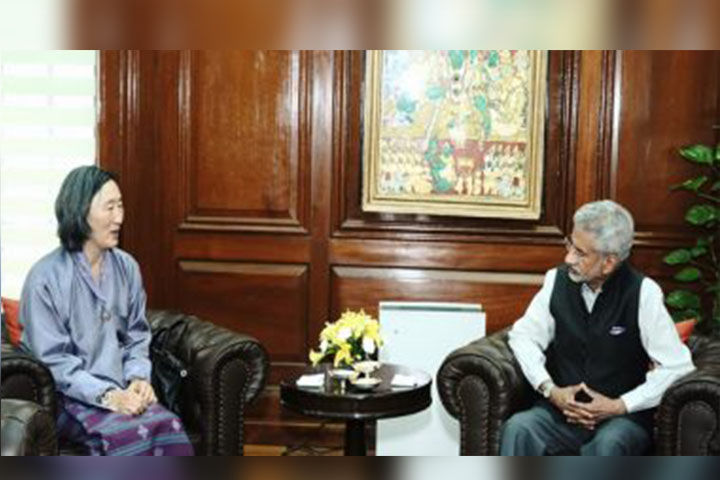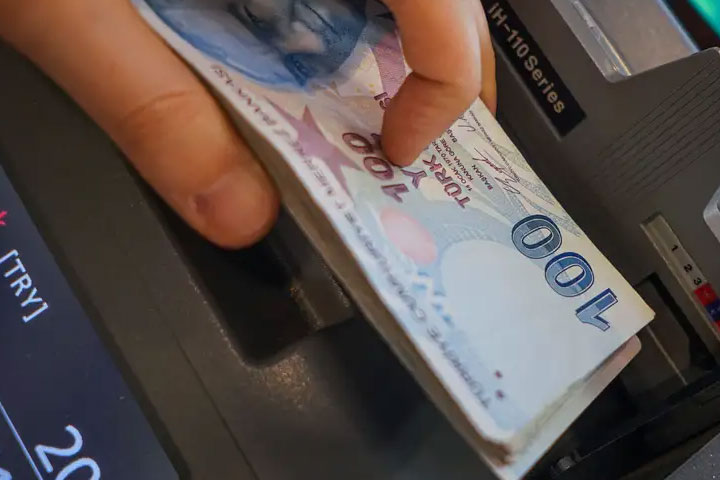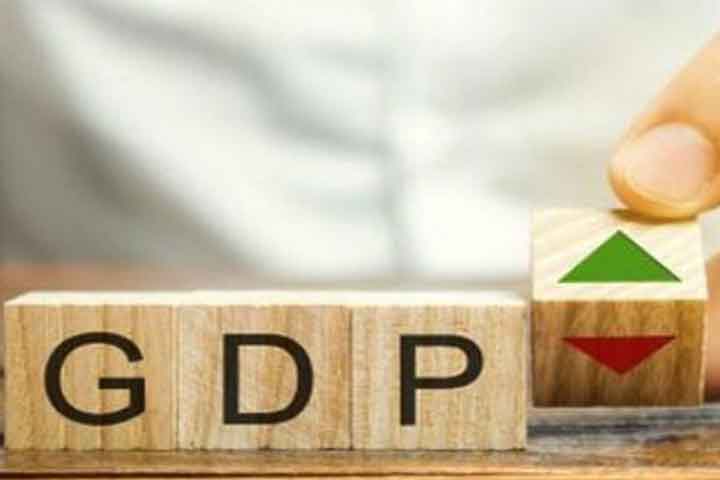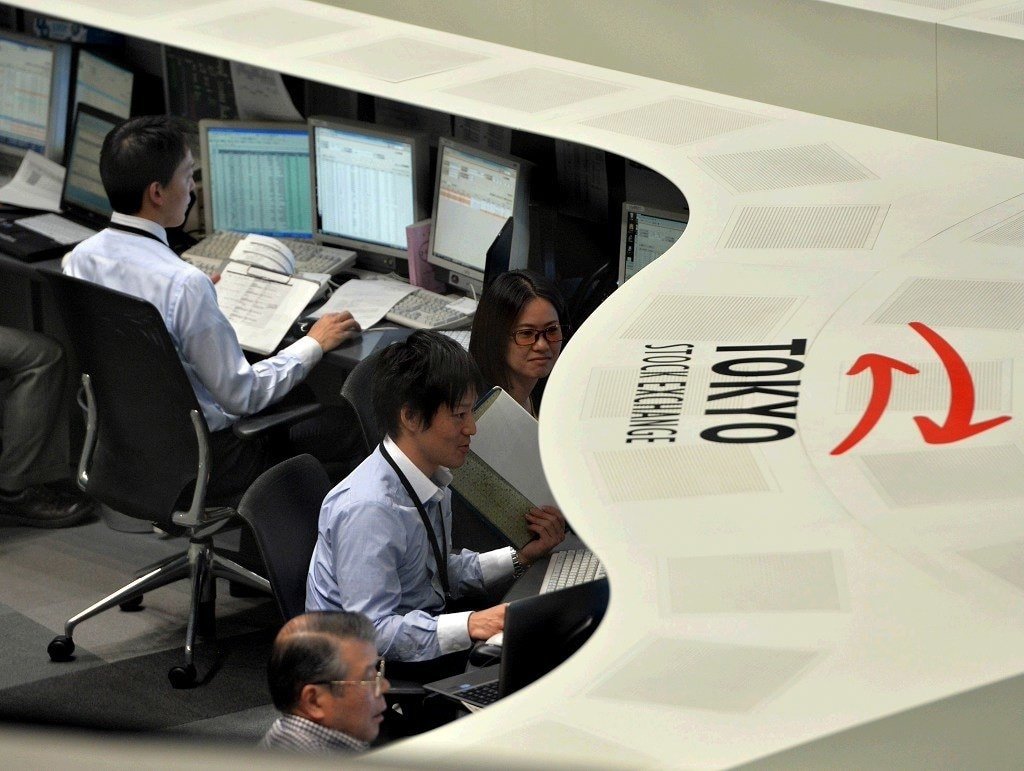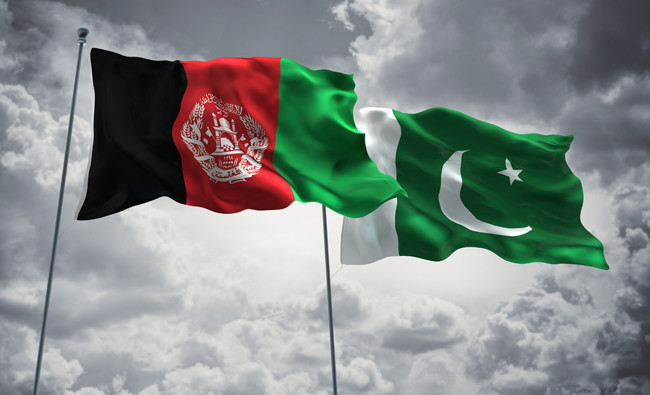Japan’s varied interest in investment in NE India
North East India, also referred to as the North Eastern Region or NER is India’s easternmost region. This region is a critical and key geostrategic site for both India and Japan in sustaining multilateral relations because it shares borders with several other countries, including Nepal, Bhutan, China, Myanmar, and Bangladesh. For any Nation or industry, the growth of the North Eastern Region represents a difficult decision point for investment initiatives.
The North Eastern Region has long-standing ties with Japan, dating back to the Second World War, when Japanese soldiers fought alongside the Indian National Army (INA), resulting in the raising of the first National flag at Moirang (Manipur). Other ties which pique Japan’s varied interest in investing in the region include the cultural and architectural similarities, geographical proximity and a ‘strategic interest’ in FOIP (free and open Indo- pacific) and other Indo-pacific visions, as well as the chance to strengthen ASEAN relations, the use of soft power diplomacy, and other potential financial gains.
Japanese investment projects in NER
North Eastern Region witnessed tremendous investment growth since 2019 after the meeting between Minister of State Jitendra Singh for the Ministry of Development of North Eastern Region (DoNER) and the Japanese delegation led by Ambassador of Japan Mr Kenji Hiramatsu; the meeting disclosed that the Government of Japan would invest an amount of 205.784 billion Yen, equivalent to approximately Rs 13,000 crore (Press Information Bureau, 2019) in several ongoing and new projects in different States of North Eastern Region.
Some of the investments and collaborations include Guwahati sewage project in Assam, North East Road network connectivity improvement project which is spread over Assam and Meghalaya, North East network connectivity improvement project in Meghalaya, Biodiversity conservation and forest management project in Sikkim, sustainable management project in Tripura, etc. It is also important to note that Japan has invested in several other projects, including the development of primary schools in Manipur.
Japan’s varied ‘strategic interest’ and its policy of ‘FOIP’ (Free and open Indo-Pacific region)
Leading to Prime Minister Shinzo’s visit to India in 2017, the two States welcomed Japan’s Free and Open Indo pacific strategy, also known as FOIP; this strategy aims at ensuring all countries in the Indo-pacific region promote free trade with the unhindered movement of goods and services and the “Partnership for Quality Initiative” North East, Japan who is already cultivating significant presence in the Bay of Bengal region, especially in countries like Myanmar and Bangladesh, observes North Eastern region as a missing link in promoting this vision of FOIP signifying the very need and interest of its investment.
The strategic location of the North Eastern region, which is bordered by several Asian Nations is important for Tokyo, as this region constitutes a critical geostrategic hub for the implementation of its FOIP vision of safe, open, and free Indo-pacific trade. In addition, Japan’s initiative to establish rule-based order in the region increased the interest of investors in the region.
The growing geopolitical tension on Senkaku island between Beijing and Tokyo as well as the belligerent posture of Beijing in the region had globally forced Tokyo with no choice but to hunt for an “alternate investment” (Sharma, 2022). Tokyo’s futuristic perception of the North Eastern region as a significant location with a range of opportunities increases more solid and stable investment opportunities. This is due to Japan’s ongoing foreign policy, the positive bilateral relationship based on a number of shared values, and the history between New Delhi and Tokyo.
The launch of various programmes, such as the National Highway Network, Product-Linked Incentives Programs and the Gati Shakti Master Plan, contributes to Japan’s “Strategic interest” in the North Eastern region. Japan views these programmes and projects as incentives for various investments (Sharma, 2022).
Tokyo one of the pillars of the ‘Act East Policy’
Formerly known as the ‘Look East Policy’ which Narasimha Rao established in 1991, is acknowledged as a significant element of India’s foreign policy; it gained regular momentum under PM Narendra Modi after 2014. During PM. Shinzo Abe’s visit in 2017, India and Japan jointly decided to establish a forum called ‘Act East Forum’ (Basu, 2022) to identify projects for the ‘Economic modernisation’ of India’s North East region leading to different rapid growth like highways, biodiversity conservation, forest management projects, and forest conservation projects, etc. creating Tokyo as one of the major pillars of ‘Act East Policy.’ Due to its third-largest trading partner status and tight economic relations with ASEAN Nations, Tokyo eventually saw the need to develop North East India, often known as the gateway of Southeast Asian Nations.
Source: www.thesangaiexpress.com
07 Apr 2023,21:34

















 Live Tv
Live Tv

